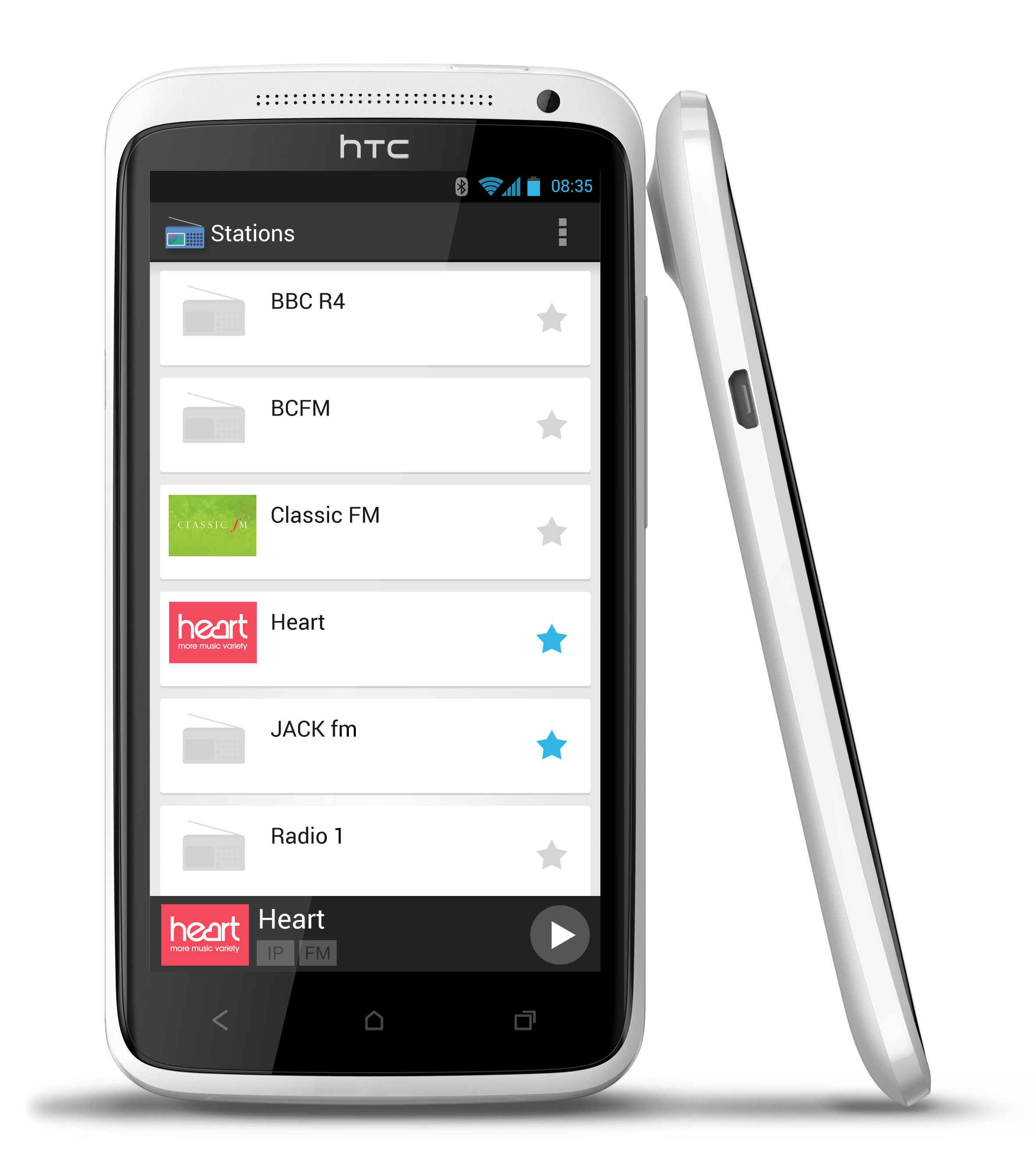When people listen to ‘the radio’ via broadcast (FM, DAB, HD etc.), they find out what stations they can listen to by scanning the dial.

On connected devices, there isn’t a dial to scan, so instead these devices rely on directories of stations to listen to. These directories contain rich meta-data on stations, to allow for better navigation (logos, proper station names), searching (genre and programme information), and a variety of stream formats (MP3, HE-AAC etc.). The amount of meta-data held by these directories is growing all the time, which creates challenges for both the directory service provider and for the broadcasters to keep the information accurate.
One of the biggest directory providers is TuneIn (who are one of our members), who as well as having a wildly popular mobile phone app, also provide the listings for other connected devices. vTuner (also our member) are another significant directory provider, with a large installed base of devices. Together they have tens of thousands of stations listed, and millions of users. With that many devices and users, errors get noticed very quickly.


RadioEPG is often seen as being a way of providing meta-data to end devices, but it’s equally as useful as a way of transporting meta-data (and lots of it) from broadcasters to directory service providers. Nearly all the meta-data a directory requires can be held within the structure of the XSI and PI files, and along with the established HTTP protocols, it’s a very efficient delivery mechanism.
So we’re very pleased that TuneIn have said that they’re now able to ingest RadioEPG (XSI and PI files) from broadcasters, as an alternative to their existing transport mechanisms. If you’re publishing RadioEPG now, and you tell TuneIn about it, they can switch to automatically importing it to keep the information on your radio stations completely updated. We hope that will give broadcasters another good reason to embrace rich, structured meta-data, and make it available to the directory service providers as well as end devices.
If you’d like TuneIn to start pulling in your RadioEPG, then get in contact with the Project Office (feedback@radiodns.org) and we’ll introduce you to the right people at TuneIn. Similarly, as and when other providers adopt RadioEPG, we’ll announce it here.